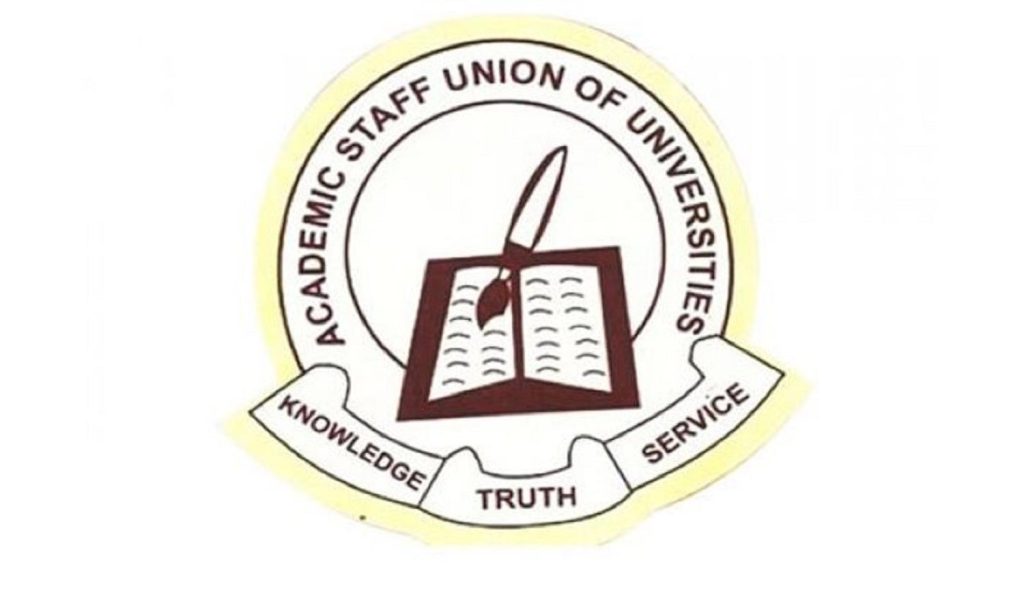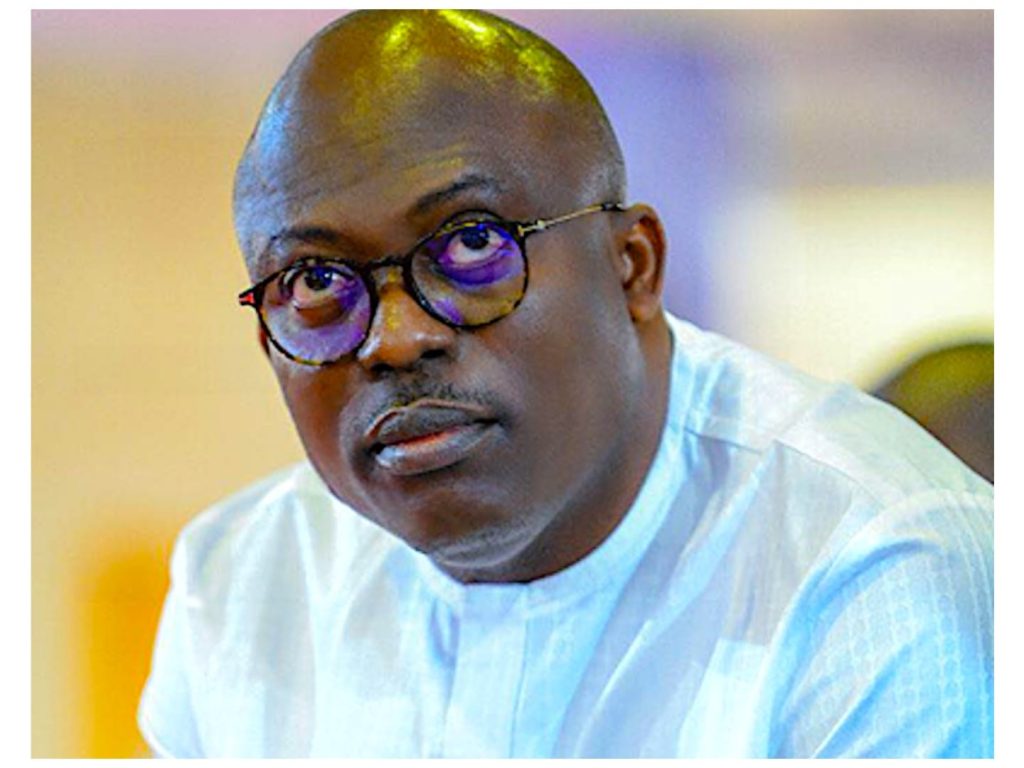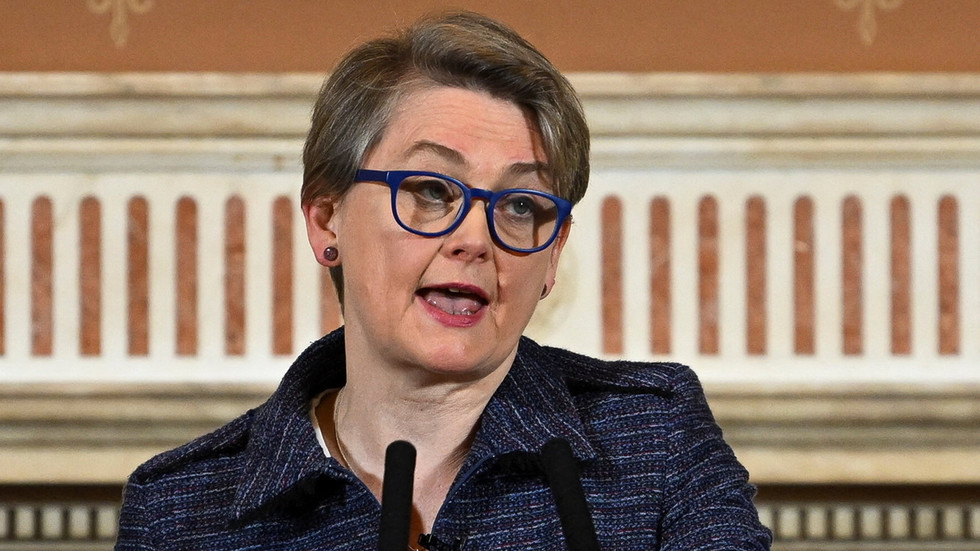The 2025 Unified Tertiary Matriculation Examination (UTME) in Nigeria has been marred by controversy, with thousands of candidates threatening to file a lawsuit against the Joint Admissions and Matriculation Board (JAMB) over widespread technical glitches and incomplete questions. JAMB’s Registrar, Prof Oloyede, has apologized for the errors that affected the outcome of the examination, and plans are underway to have affected candidates resit for the exam.
The poor performance of candidates in the 2025 UTME has sparked mixed reactions from Nigerians, with some blaming the government for not attending to critical issues in education, while others believe that students and parents should be held responsible. Dr Michael Ogbemudia, a lecturer at Chrisland University, noted that the poor performance is an indictment against successive Nigerian governments for not taking education seriously.
Former presidential candidate Peter Obi described the outcome as “a reflection of the deep-rooted challenges in our educational system,” citing years of neglect and poor investment in the education sector. In contrast, the Minister of Education, Dr Tunji Alausa, claimed that the mass failure showed effective anti-malpractice efforts by JAMB, stating that the result reflected the government’s success in curbing exam malpractice.
However, stakeholders such as Dr Chidiebere Nwachukwu, a senior lecturer at the University of Nigeria, insist that the standard of education has been falling for many years in the country. Nwachukwu attributed the massive failure of candidates in the 2025 UTME to a decay in the educational system, including unmotivated teachers, a lack of dedication to studies, and a system that does not encourage merit.
Dr Ata-Awaji Anthony Reuben, acting head of the department of Mass Communication at Topfaith University, also lamented that many people do not prioritize education in Nigeria, blaming the situation on factors such as government failure to provide jobs, celebration of wealth over intellectualism, and a lack of teachers in secondary schools.
The situation highlights the need for urgent attention to be given to the educational system in Nigeria. As Nwachukwu stressed, “Nigeria has to find an answer to all these questions that we have with regard to education.” The government must stop pretending that the country can progress without education and take concrete steps to improve the quality of education by recruiting competent teachers, motivated teachers, and providing adequate resources. Only then can Nigeria hope to join the ranks of developed nations and provide a brighter future for its citizens.



